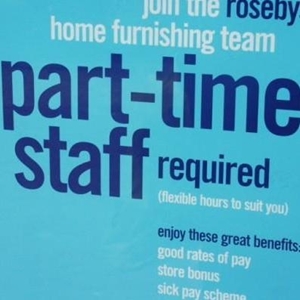
You'd be hard pressed to find a hiring manager or company owner who hasn't made an employment decision that they later regretted. It usually doesn't take too long before a business learns that a new hire isn't working out quite as planned, whether due to conflicting personalities, poor performance or an inability to follow directions. Based on a recent poll, however, productivity isn't the costliest aspect of a bad hiring decision.
The single greatest impact of a poor hiring move is its negative impact on staff morale, according to staffing firm Robert Half. In a poll of 2,100 chief financial officers from 20 of the country's largest markets, 39 percent of respondents said that this was the most damaging aspect of what resulted after a bad hire joined their ranks. Approximately one-third pointed to limited production, followed by monetary losses.
"There are a number of reasons someone may not be a good match for a job – he or she may lack the requisite skills or be a poor personality fit, for example," said Paul McDonald, senior executive director at Robert Half. "Interviews and reference checks are designed to ensure a successful hire, but these methods are not fail-safe, particularly if employers are not thorough in their efforts."
He added that it's these types of situations where a professional recruiter can make all the difference, as these individuals are trained with skills needed to ferret out workers who may not mesh with a particular line of work from those who would be an excellent addition.
Reliable workers often forced to pick up slack, draining resources
Another unfortunate side effect of a bad recruitment decision is that the consequences can bleed into other aspects of a company, none more starkly than with staff sentiment and camaraderie, or lack thereof, McDonald stressed.
"A poor hire can cause friction as other employees are left to take on extra work and fix projects that weren't done right the first time," he said. "Bad hiring decisions also can cause staff to question management's judgment and even lose faith in company leaders."
Insufficient performance is among the leading justifications for why an employee is dismissed or fired. Workers are also often let go for dishonesty. Close to 20 percent of employers have terminated a worker's job after learning they called into work with an illegitimate excuse, according to a recent poll performed by CareerBuilder.
Just as it's important to hire the right person for a job, it's also key to ensure that they're happy with their current situation, particularly if they're considered a highly valued worker that brings a lot to the table. Nearly 1 in 4 workers wants to earn a raise or get a promotion in 2015, based on a survey from Premiere Global Services. Business owners may be able to reward staff who go above and beyond the call of duty with a generous employee benefits package.





